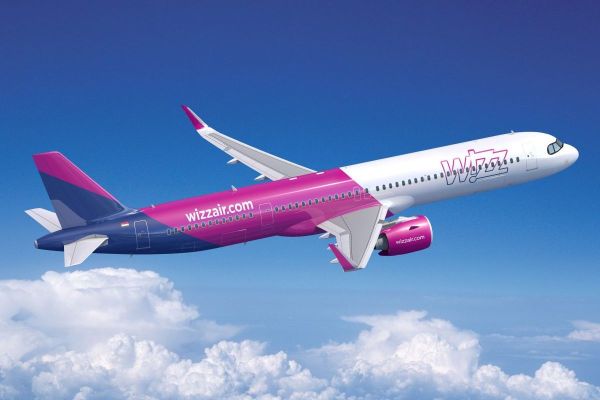
Wizz Air, the European low-cost airline, has announced plans to exit its Abu Dhabi operations by September 1, 2025. The decision marks the end of a six-year chapter for the budget carrier in the United Arab Emirates, as the airline pivots to focus on its more profitable European routes.
Here’s the thing: operating out of Abu Dhabi just wasn’t sustainable anymore.
Ongoing tensions and conflicts in the region have resulted in repeated airspace closures around Abu Dhabi, directly impacting passenger demand and flight schedules.
Harsh Middle Eastern climates have affected engine efficiency, particularly for the airline’s Airbus A321 fleet. Combined with global supply chain constraints, these issues have made it difficult for Wizz Air to maintain its low-cost model in the region.
The airline struggled to secure flying rights for key routes, hindering its ability to expand as initially planned. Despite ambitions to build a fleet of 100 aircraft in Abu Dhabi, regulatory hurdles proved insurmountable.
Shares in Wizz Air have dropped by around 62% over the last two years, partly due to engine problems and grounded aircraft, further motivating the company to refocus on its core European markets.
In short, the environment wasn’t right for long-term growth.
“Supply chain constraints, geopolitical instability, and limited market access have made it increasingly difficult to sustain our original ambitions,” said Wizz Air CEO Jozsef Varadi.
Flight Cancellations: All Wizz Air flights to and from Abu Dhabi will end by September 1, 2025. The airline has committed to contacting affected customers regarding refunds and alternative arrangements.
Future Bookings: Travellers planning trips with Wizz Air in the Middle East should seek updates directly from the airline and consider alternative carriers for routes previously operated by Wizz Air Abu Dhabi.
Customer Support: Wizz Air has assured passengers that customer service teams will assist with the transition, focusing on refunds and rebooking options where possible.
Wizz Air’s exit highlights the challenges faced by low-cost carriers in the Middle East, where geopolitical risks, regulatory complexities, and environmental factors can outweigh growth opportunities. The airline’s initial optimism, expecting rapid expansion after its 2020 launch, was dampened by these persistent obstacles.
With its Abu Dhabi venture winding down, Wizz Air will concentrate on its European network, where it remains a dominant player in the low-cost segment. The airline is also in talks with Airbus to adjust its aircraft orders, reflecting its renewed focus on the European market.
If you’re based in Abu Dhabi or planning to travel with Wizz Air in the region, you’ll need to make new plans by September 2025. For everyone else, especially in Europe, expect to see the airline double down on its home turf, likely with more flights, better frequencies, and fewer operational headaches.